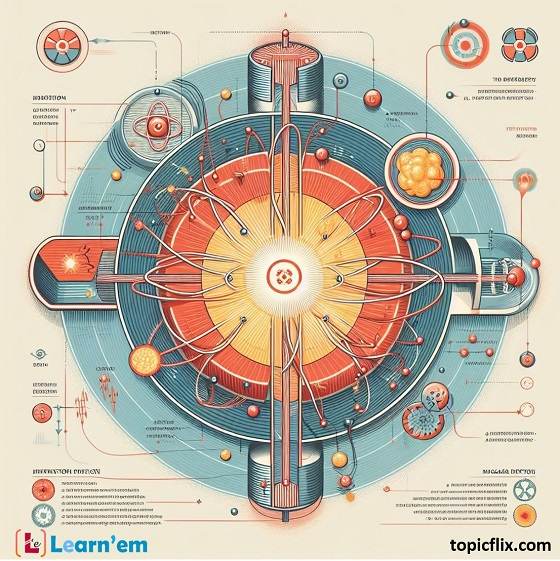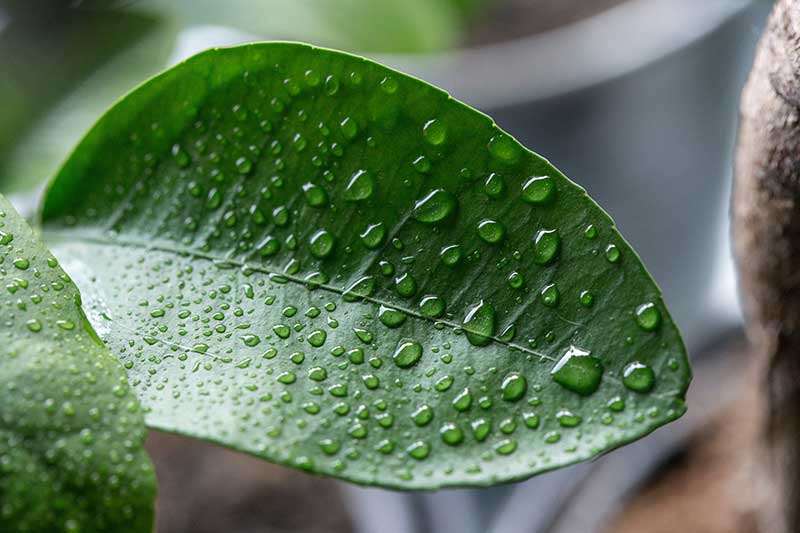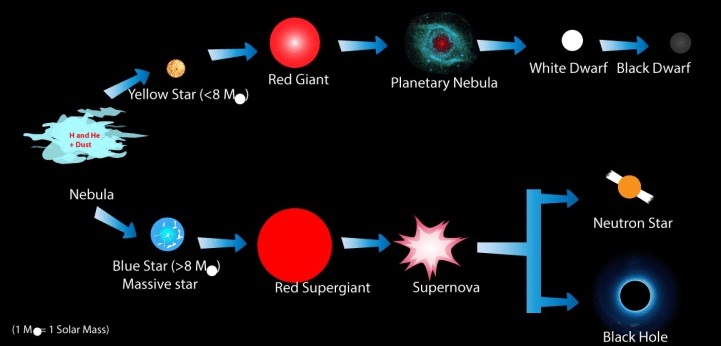When Nuclear fuel sustains the fission chain reaction inside a nuclear reactor, the reactor is said to be critical. In this, the amount of neutrons produced by nuclear fission becomes equal to or greater than the number of neutrons produced by the nuclear material. Nuclear fuel maintains the fission chain reaction, or criticality, during normal reactor operation. A reactor reaches criticality when each fission event produces enough neutrons to maintain a continuous chain of events.
The fourth unit of the Kakrapar Atomic Power Station (KAPS) in Gujarat has reached its initial criticality – the beginning of the regulated fission reaction – clearing the way for its final transformation to generate commercial Electricity.
Article Powered by TOPICFLIX

About the Author
Ankita is a German scholar and loves to write. Users can follow Ankita on Instagram 
वर्षा (Precipitation) और आर्द्रता (Humidity) क्या होती है ?
आर्द्रता हमारे दैनिक मौसम में एक महत्वपूर्ण भूमिका निभाती है। हवा में जलवाष्प के बिना…
How does a country get membership of WTO?
How a nation or customs zone joins the World Trade Organisation (WTO) is a frequently…
चंद्रशेखर सीमा (Chandrashekhar limit) क्या है ?
चंद्रशेखर लिमिट या सीमा (Chandrashekhar limit) एक स्थिर सफेद बौने तारे का अधिकतम द्रव्यमान है।…
What is Deep Underground Neutrino Experiment – DUNE ?
A large-scale international research project, the “Deep Underground Neutrino Experiment” (DUNE) aims to study neutrinos,…
What is the Charter of the United Nations?
The United Nations Charter, signed in San Francisco on June 26, 1945, and ratified on…
The Group of Seven (G7)
The Group of Seven (G7) is a global multinational organization formed in 1975. The G7…






